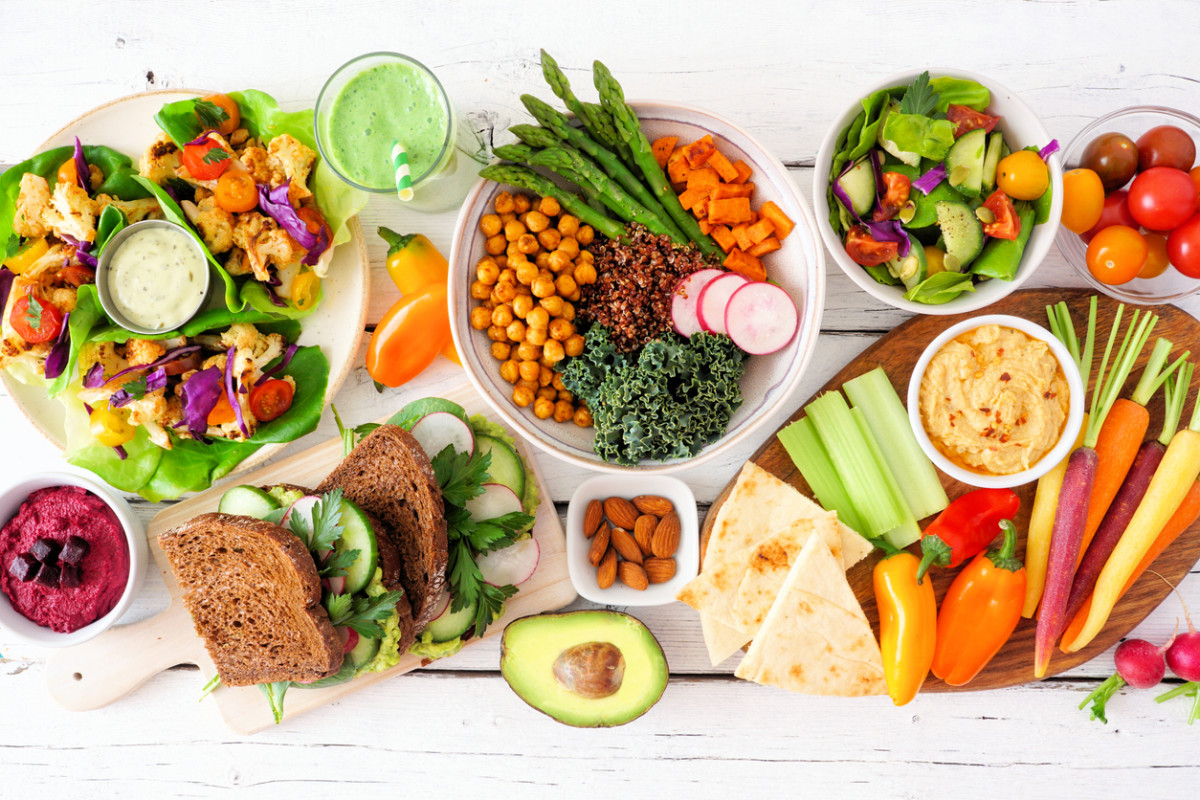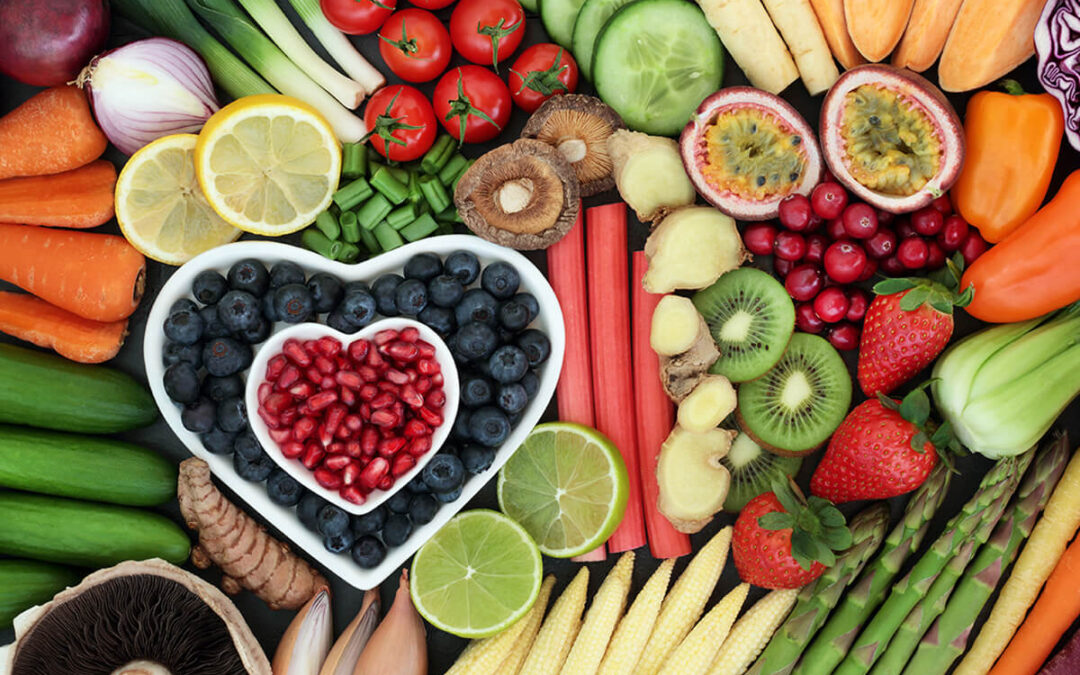Over the past few years I have befriended many intriguing people. In this post, I would like to thank my guest author, Dr. Alex Pestesi, MD, for sharing his experience and knowledge on a topic that many of you may be interested in.
Plant-Based Diet, Why Did I
Plant-based diet, over 11 years ago I ventured into the realm of plant-based eating in order to reverse several health conditions I was suffering from, for the first 25 years of my life. Once that took into effect, my type 2 diabetes that was developing, stage 1 clinical obesity, primary stages of heart disease, joint degeneration from medical steroid injections to treat severe allergies, all improved and reversed. I was able to get rid of 7 daily medications, most allergies, and went from 268+ pounds to 165 within a few months. I then started to focus on weight training to successfully build some proper muscle mass and now hover around 175 to 180lbs depending on my goals. I found that at the heart of a whole foods plant-based diet, most nutrient requirements were easily met and the meals were naturally high in fiber, low in fat, devoid of cholesterol, and high in *Carbohydrates* which during my medical training, and usually any mention of in health media was negatively associated with diabetes and heart disease and obesity.
In reality, the human body’s 210 cell types all prefer this wonderful Glucose molecule as their primary preferred fuel source, the majority of which is burned by the brain and skeletal muscle, and it is stored in the liver and muscle cells as glycogen after meals. Fat and Protein are the more complex of the 3 macronutrients and the body spends even more energy on converting these macronutrients into the usable or storable forms. Carbohydrates are the easiest to absorb, metabolize, and store for use.
A high carbohydrate, low fat, moderate protein, whole foods plant-based diet is amazing for sports performance because it allows the bloodstream to be less viscous – requiring less effort on the heart to circulate, less circulating fat allows the arteries to heal, unclog cholesterol deposits, and become more respondent to blood pressure changes during effort thereby delivering more oxygen to tissues actively burning energy. High carbohydrate meals the night before a big ride ensure glycogen stores are full for the next day’s effort providing sustained caloric energy reserves. Rice, pasta, beans, potato, yams, plantains, banana, mango, pineapple, melons, whole grains-millet, brown rice, corn, barley, oats, and lightly refined or processed foods like maple syrup, raw cane sugar, coconut sugar in the context of other fiber containing foods, are carbohydrate sources that help provide sustained energy not only for filling up reserves but also for in the moment *during effort* as they easily and rapidly digest and absorb without causing strain on the digestive tube.

-
In the context of someone normally consuming the opposite way of eating, a high fat, high protein, low carb diet, many people are pushing their body to induce insulin resistance and avoidance of carbohydrate calories and swapping with protein and fat calories is the way metabolic syndrome is sustained and progressed towards type 2 diabetes – a diagnosis I had reached by age 25 adhering to keto/Atkins high fat high protein style of eating. For more info on this mechanism, investigate “Intramyocellular Lipotoxicity and insulin resistance.”
Amazing And Lasting Changes
Currently my bloodwork has come out amazing after 11 years, no sign of type 2 diabetes anymore with an HbA1c of 5.0 despite being on seemingly unlimited carbohydrates from a plant-based diet, high carb lifestyle. Becoming athletically inclined after a few years of solid training and road biking brought me back during the lockdown to considering hitting the MTB trails. Once on a decent bike, I realized how beneficial MTB riding was for my health and how well it paired with a high energy, high focus lifestyle and mindset. This is what I was preparing for and transforming my body and mind to be capable of doing and connecting all these dots, applying them all towards health, happiness, and experiencing a good quality of life really proved to me that this sport and lifestyle work very well together.The latest in sports nutrition science has top level athletes all focused on high carbohydrate supplement intake during their efforts. According to USA Cycling, cyclists should consume 30–60 grams of carbohydrates (120–240 cals) per hour for rides lasting 90 minutes to 3 hours, and 45–90 grams (180–360 cals) per hour for longer rides. A high carb low fat meal the night before will ensure you start the day and ride with a full reserve of calories and eating consistently during the ride will keep you going without reaching depletion. I like dried fruit/juice strips, dates, dried mango, pineapple. On races or longer rides I have used raw cane sugar, maple syrup, date syrup, endurance hydration mixes, mango or pineapple juices, and even sugary soft drinks (avoiding high fructose corn syrup) or resorting to table sugar if in need of emergency energy.
These items are handy but a nice fresh fruit smoothie, a whole grain bread sandwich, some tasty high calorie ripe* tasty fruit, or some rice can’t be beat. The world’s champion cyclists, runners, and endurance athletes that win consistently are all aware and embrace carbohydrates for optimal performance and recovery as well.
I currently am recovering from a road biking accident and had to slow down with training and high effort riding for a while to focus on healing and regaining confidence in my injured body. This has even further enlightened me with the realization of how awesome this sport is and that it can probably be one of the most amazing sports or modes of transportation and exploration, recreation, and imagination humans have come up with. I respect and commend anyone out there trying to move daily or weekly to stay fit and achieve or maintain health on whatever type of bike or sport or movement they choose.
Unfortunately, a lot of those benefits and efforts can be undermined by a poor diet or lifestyle pattern that work against our inherent goals of living a good quality of life, as long as possible, and for some – to have a decent or excellent athletic performance.
For further insight into these topics, I recommend the Netflix documentaries “The Game Changers” and “What the Health” as they delve and expand further into sports performance and the health benefits of a high carbohydrate whole foods plant-based diet. 14 of the top 15 causes of death can be prevented and reversed with this way of eating, which results in less medications, better quality of life, and more time to ride and be with our loved ones, and no you don’t have to go 100% plant based to reap these benefits, but there are other reasons for that choice and those should be explored on your own if you wish.
Dr. Alex Pestesi, MD
Thank you for visiting MTB My Way, I hope you enjoy the content. We may receive a small commission on the purchase items. Don’t forget to “LIKE IT” , “FOLLOW IT” , SUBSCRIBE TO IT”. If you are interested in any products that are mentioned in any of my posts or pages, click on the “shop now” links and they will take you to the appropriate page on amazon where you can make your purchase.
